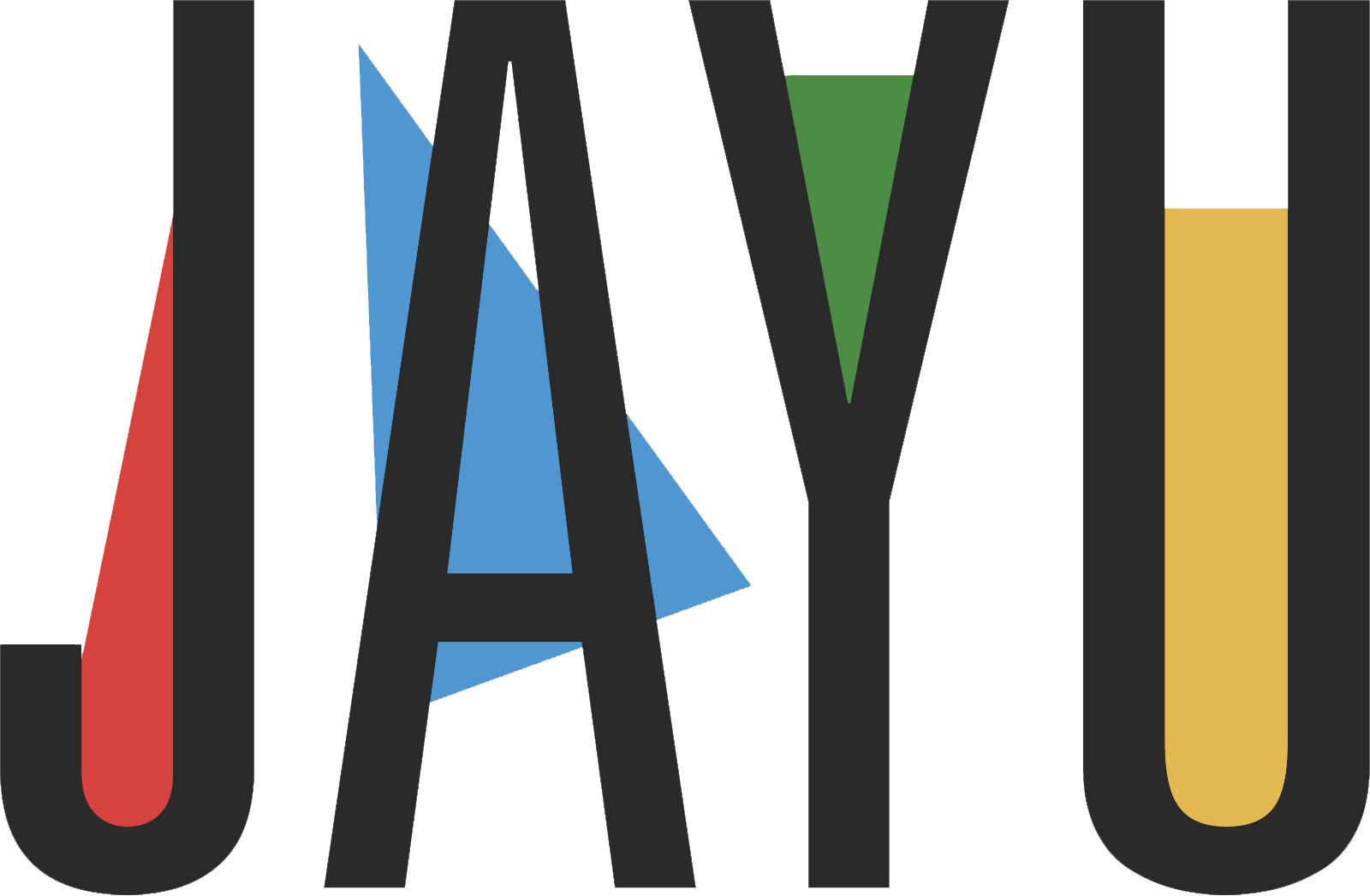Building a Gap: Critical Impacts of Vaccine Inequalities
During a global pandemic, governments must take action to protect and prevent the spread of COVID-19 in any way possible. With 105 million cases of COVID-19 at the time of writing, most individuals are affected in some way. Pharmaceutical companies have begun to produce and distribute vaccines which have eased the worries of government officials. However, there is extreme inequality that is being overlooked among the tumultuous effects that COVID-19 has brought to most nations. A “Vaccine Apartheid” has begun, infringing on the human rights of millions- and little is going on to stop it. Every human being is deserving of accessible healthcare, especially during a global pandemic. This infringement of rights is mainly affecting citizens of low-income countries, but will eventually alter how the world as a whole functions. Promises made by nations in the Global North and organizations led by the WHO are being broken, leaving low-income countries in the dust with no foreseeable end to the pandemic.
These areas are not only suffering more than developed countries, but are being led on by large pharmaceutical companies and COVID-19 relief programs such as COVAX. COVAX’s goal is to “accelerate the development and manufactur[ing] of COVID-19 vaccines, and to guarantee fair and equitable access for every country in the world.” The inequalities were highlighted when the United States vaccine developer, Moderna, agreed to provide affordable and accessible products to those in low and middle-income countries. With 0.2 percent of the total global vaccine doses being administered in Africa, mainly Morocco, low-income countries are at an extreme disadvantage. When already lacking accessible healthcare and safe living environments, low-income countries are at great risk to continuously have COVID-19 outbreaks. It is clear that the pandemic will be prolonged in areas like this, and officials predict that a vaccine may only be offered to lower-income citizens by the year 2024. Many of the large pharmaceutical companies are to blame for the lack of accessible vaccines being provided to the COVAX initiative. The empty promises made by Pfizer, BioNTech, and Moderna have a huge effect on the plans that were made to aid those in low-income countries. Many health activist groups have noted that these companies have only fulfilled 2 percent of their agreements with COVAX and have begun to establish deals with higher-income countries that can pay for the product upfront.
Although this human rights infringement is somewhat being covered by the media, it is clear that COVAX and the WHO have put this on the back burner for the time being. There is aid that is focused on helping those who experience vaccine inequality. The Coalition for Epidemic Preparedness Innovations has attempted to provide funding towards the production of vaccines for at-risk populations. Moderna has received approximately $1 million USD to fund their vaccines that were said to be “first available to populations when and where they are needed and at prices that are affordable to the populations at risk, especially low- and middle-income countries or public-sector entities that procure on their behalf.” The actions following this statement have been shameful and prove that many pharmaceutical companies are not focused on providing accessible healthcare to those at risk. There has been little said from Moderna or Pfizer regarding their feeble attempts to provide their product to COVAX. The ignorance of large corporations and powerful governments proves the point that the needs of middle-to-low-income countries are not a priority for them. The actions taken by COVAX have been ineffective towards the care of these people.
Seeing proof that there is little attempt to care for those in low-income nations, it is clear that the human rights of these citizens are greatly jeopardized. In the future, health officials have warned about the long-term effects that COVID-19 will have on the world if it remains untreated in these areas. The effects in low-income nations “will keep the pandemic alive, with outbreaks inevitably returning to the wealthy countries from less vaccinated ones. Travel bans will be impossible to maintain indefinitely, and new variants will continue to emerge from mutations in unvaccinated countries.” With an obvious need for aid, COVAX and wealthier nations in the Global North need to prioritize vaccine distribution in areas of poverty in order to protect themselves and the rest of the world. If continuously ignored, this will no longer be only a problem for citizens in areas of poverty, but for richer areas too. In a study conducted by the International Chamber of Commerce, results revealed that the global economy could suffer gross domestic product losses of up to $9.2 trillion USD this year if developing countries fail to get equitable access to vaccines.
This pandemic has caused a multitude of social, economic, and political problems on a global scale. However, when looking at the international development landscape, it is critical to understand the dire need for aid in extreme poverty at this time. It must be made aware that if initiatives are ignored and action is not taken, there will be severe consequences to not only developing nations but the entire world. As the WHO’s director-general, Dr. Tedros stated, “When a village is on fire, it makes no sense for a small group of people to hoard all the extinguishers to defend their own houses.” Accountability must be taken so that the world is able to pave a foreseeable future without a pandemic while continuing to care for global citizens in all areas of the world.
